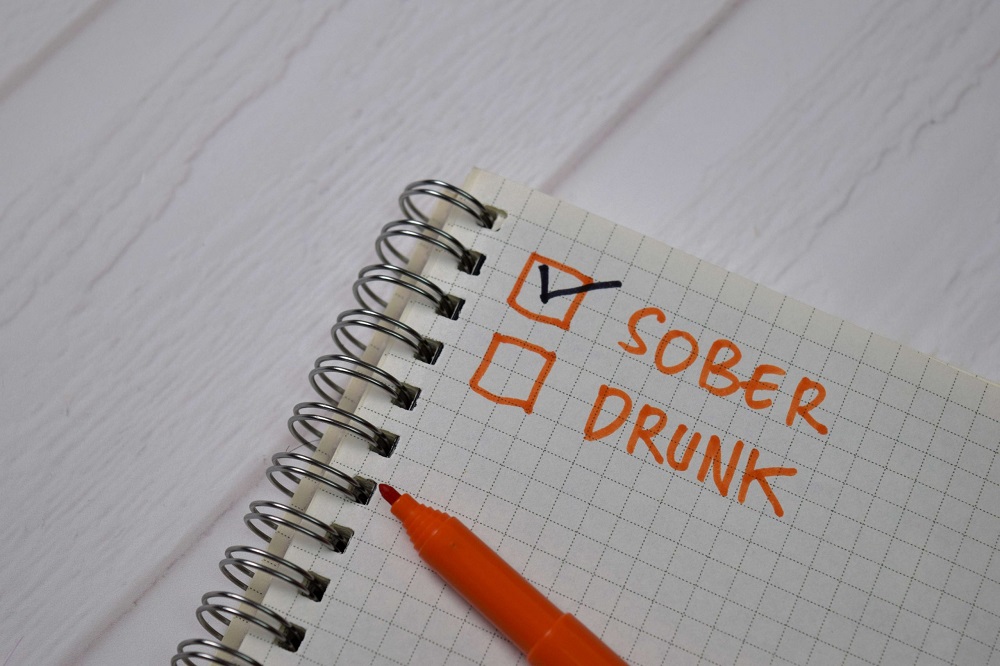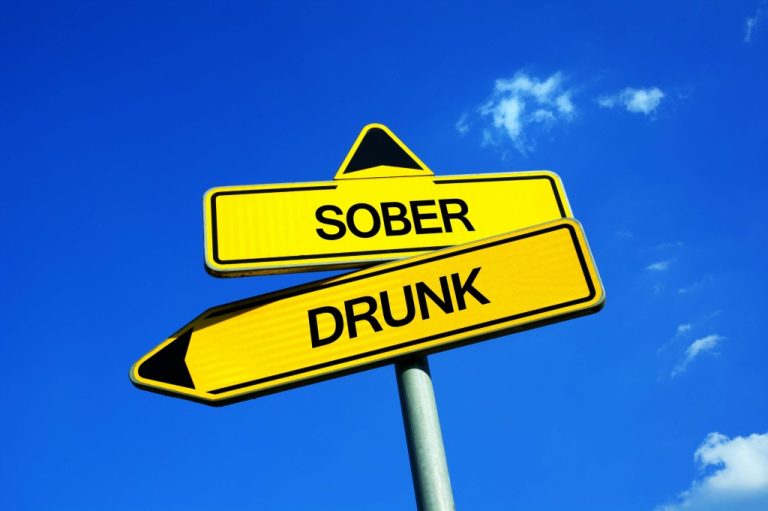Young antisocial alcoholics are almost entirely male, with only 25% being female. Heavy drinking does not necessarily mean you are an alcoholic, but being an alcoholic almost certainly means that you drink heavily and often. When and how someone drinks is a factor that can differentiate an alcoholic from someone who is a heavy drinker. Heavy drinking may occur on occasion for some people, but they are able to stop drinking when they want. Someone who is an alcoholic does not feel like they can stop drinking whenever they want, and they often have to drink more and more to feel satisfied. Whether you are struggling with addiction, mental health or both, our expert team is here to guide you every step of the way.
Drugs, Brains, and Behavior: The Science of Addiction
Some people may start to feel the need to take more of a drug or take it more often, even in the early stages of their drug use. “Substance use disorders and mental disorders often co-occur, and we know that the most effective treatments help people address both issues at the same time. The shared genetic mechanisms between substance use and mental disorders revealed in this study underscore the importance of thinking about these disorders in tandem,” said NIMH Director Joshua A. Gordon, M.D., Ph.D. The NIH Clinical Center (the research hospital of NIH) is open. For more details about its operating status, please visit cc.nih.gov.
Does relapse to drug use mean treatment has failed?
- This can occur both in the intoxicated state and also during withdrawal.
- If you’re worried about your drinking, get in touch with your GP surgery who will be able to help.
Immediate support for families where there is parental substance use problem should involve setting pragmatic, realistic and timely goals which focus on solutions rather than problems. Our Speak out Stay safe service for schools helps children understand abuse in all its forms and know how to protect themselves. Practitioners must work with children and families to identify and assess concerns and intervene appropriately so that the impact of parental substance use problems is minimised.
Legislation controlling access to alcohol
Don’t wait— reach out today to take the first step toward taking control of your life. These are just a few of the many different physical and emotional signs that can point toward a potential struggle with alcoholism. If you’re concerned about the relationship you or a loved one may have with alcohol, it’s helpful to understand the signs of alcohol addiction and learn where to turn for help. Statutory guidance across the UK highlights the responsibility of those in the education, community and care sectors to promote children’s welfare. This includes providing support to children and families experiencing substance use problems. This involves alcohol rehab carrying out a holistic assessment of the child’s development, the parents’ ability to meet the child’s needs and the impact of broader family and environmental factors.


Whether you are looking for information for yourself, or on behalf of someone else, there’s more information, including useful links and phone numbers, in the dedicated alcohol support services section of our website. The UK Chief Medical Officers’ low risk drinking guidelines advise it is safest to drink no more than 14 units a week, have several drink-free days and never binge drink. The three-step road map outlined in the NIAAA Alcohol Treatment Navigator offers expert guidance to focus and support your efforts.
As a result, patients are able to handle stressful situations i have an alcohol problem and various triggers that might cause another relapse. Behavioral therapies can also enhance the effectiveness of medications and help people remain in treatment longer. Like treatment for other chronic diseases such as heart disease or asthma, addiction treatment is not a cure, but a way of managing the condition. Treatment enables people to counteract addiction’s disruptive effects on their brain and behavior and regain control of their lives.
If you’re worried about your drinking, get in touch with your GP surgery who will be able to help. A health professional at your GP surgery can give you confidential advice on how to access the right support for you. They can also advise on whether that service is open to self-referral or if you need to be referred into the service.
Tip 6: Take care of yourself
For example, what are the long-term health risks of being alcohol dependent and what support is available to them. Excessive alcohol use can harm people who drink and those around them. You and your community can take steps to improve everyone’s health and quality of life.
District of Columbia Alcohol Abuse Statistics
Evaluate the coverage in your health insurance plan to determine how much of the costs your insurance will cover and how much you will have to pay. Ask different programs if they offer sliding-scale fees—some programs may offer lower prices or payment plans for individuals without health insurance. This is not an uncommon concern, but the short answer is “no.” All medications approved for treating AUD are nonaddictive. These medicines are designed to help manage a chronic disorder just as someone might use medications to keep their asthma or diabetes in check.
- Many people find the process of starting recovery scary because they aren’t sure how to begin or what to expect.
- It can be life-threatening, causing serious medical issues like seizures and hallucinations that require immediate medical care.
- “In the overall scheme of how much the U.S. government spends, it’s not a huge amount,” said Coyne.
National Advisory Council on Drug Abuse: Open Session – February 2026

Opioids such as heroin may be less common but can lead to the most significant health problems (National Institute for Health and Care Excellence, 2012). Problem drug use is more prevalent in socially deprived areas (National Institute for Health and Care Excellence, 2012). Alcohol-related deaths in Tennessee are much more likely to involve acute causes. Women for Sobriety – Organization dedicated to helping women overcome addictions.